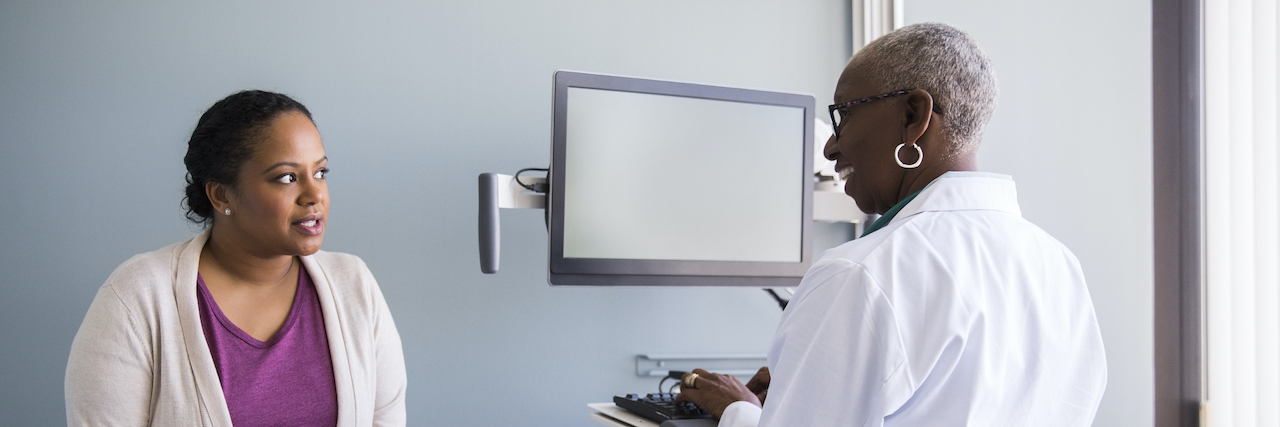When Bias Contributes to Health Disparities in Marginalized Communities
We see disparities across the board in healthcare, especially as it relates to women and persons of color. And we can trace this back decades as many doctors used women and persons of color in medical experiments in the past or dismissed their claims about illness and pain because they were a person of color or a woman. Yes, you were blown off by medical professionals in the 18th, 19th, and 20th centuries if you were a woman or person of color!
And guess what? This still happens to this day. Disparities in healthcare stretch far and wide and are seen every day. Many providers have preconceived notions about patients based on their race and gender before they even see them, and when they do meet a patient they dismiss what they say and don’t want to listen to their complaints. And why, you may ask? Because many providers received a biased education that explicitly mentions thing such as “Black people don’t feel pain,” or “patients may exaggerate symptoms,” or that “women struggle with anxiety and may not actually have certain health conditions,” which is appalling. They are not taught how medical conditions can show up differently in different races or that there are conditions that are more common in women than men or in certain racial groups. Because of that, they dismiss many patients of color and women. And now we have a new wave of disparities among members of the LGBTQIA+ community, which makes accessing care even worse.
We also know that bias in healthcare affects access to care. Allow me to explain. If a patient feels that they will not be heard or if their issues will not be addressed, they will not go seek medical care. Why? Because they have a lack of trust in the medical community and don’t feel anyone will help. And the consequences of such is higher mortality rates of diseases that can be easily managed or cured. This is unacceptable and needs to change ASAP.
It is essential for patients and family members to be able to speak up for themselves and call practitioners out on their behavior. There is no shame in speaking up for yourself and being persistent in getting the care you deserve. You are worth it.
We also have a responsibility to ensure future healthcare providers are trained in diversity and understand what medical bias is and how it affects the delivery of healthcare. And while this may seem like a simple solution, this is very difficult for many to implement. But it needs to happen sooner rather than later. If not, the consequences are dire and affect far too many people.
Getty image by The Good Brigade

